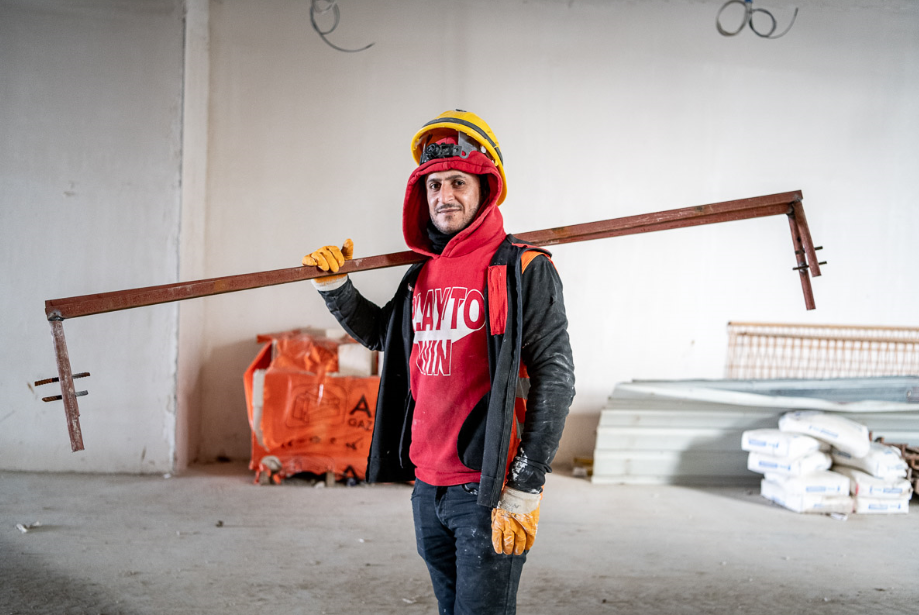The current financing gap of developing countries is currently estimated at a staggering US$2.5 trillion each year. But Public Private Partnerships (PPP) could pose part of the solution, believes the Islamic Development Bank (IsDB).
The introduction of the UN’s Sustainable Development Goals marked a new era for the international development community, raising the level of finance required from billions to that of trillions. Even the world’s strongest economies cannot resolve global development challenges alone.
To meet this financing gap, innovative sources of finance must be tapped along with new types of development projects – ones that operate at the nexus of financial viability and development impact. The right enabling environment also must be created to make markets work for development – they need to be dynamic, inclusive and sustainable.
“The biggest potential driver of short and long-term development is the private sector,” says President of the Islamic Development Bank, His Excellency Dr Bandar Hajjar, who is convening a coalition of internationally renowned experts, government officials and private investors today in Rabat, Morocco, for the 2nd annual PPP Forum: Shared Efforts for Shared Goals.
Experts will discuss how to improve the legal and institutional environment of public-private partnerships, particularly on the African continent where there is growing appetite from investors in PPPs.
Loading...
Developing countries are facing huge budgetary constraints. Before the global financial crisis, between 2004-2008, the total budget balance of all the Islamic Development Bank’s member countries was in surplus of 3.8% of GDP on average. Between 2013-2017, however, this has turned into a deficit of 3.5% of GDP.
“The IsDB’s ambition is for a future in which governments establish and enforce rules and regulations that enable all economic agents in the market to play a role in development,” Dr Hajjar says.
There are several success stories of IsDB financing for PPP projects across Africa – one being the expansion and rehabilitation of the Jorf Lasfar Port project for OCP in Morocco, for which the IsDB has approved US$150 million.
The project was completed end of September 2017 and already total shipments from the port have almost doubled, jumping from 10 million tonnes to about 17.6 million tonnes, with the number of ships discharging from the port increasing from 571 to 686 vessels. A total of 200 jobs were also created by this project.
The IsDB and other lenders under a PPP financing structure also helped to dramatically expand the capability of the port of Djibouti. The country, strategically located on one of the fastest-growing east–west international shipping routes, at the entrance to the Red Sea, is ideally placed to expand its role as a shipping hub.
Now, thanks to a new container port developed with PPP funding, Djibouti can handle more than twice as much container traffic as before, is able to host the latest generation of giant container ships and is in a position to establish itself as a gateway to the Common Market for eastern and southern Africa.
This has strengthened Djibouti’s economy and fostered regional integration through the development of trade.
“PPP financing enables competitive advantage, higher quality and efficiency,” continues Dr Hajjar.
“Importantly, PPP financing reduces the burden on state budgets to complete investment-intensive development and infrastructure projects, optimizing the distribution of risks between the two sectors.
“This PPP Forum is therefore more important than ever, and we look forward to promoting the dialogue on PPP in order to drive meaningful change as we look to achieve the Sustainable Development Goals.”
IsDB’s 2nd Annual PPP Forum: Shared Efforts for Shared Goals, is being held in Rabat on 28th February 2019 under the high patronage of His Highness King Mohammed VI of Morocco.
-Find out more at: https://ppp-forum.org/
Loading...
